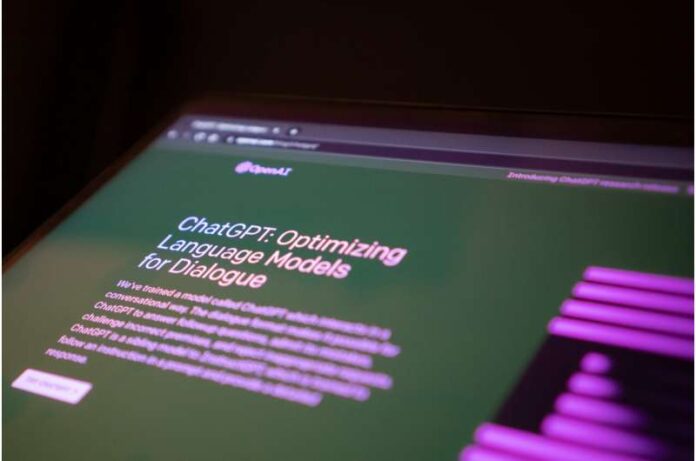Dive into the research that explores how AI’s insatiable power demand might soon rival entire nations. From ChatGPT’s daily operations to Google’s AI-integrated future,at the brink of a power paradigm shift.
Artificial intelligence (AI) has been hailed for its potential to accelerate coding, enhance driving safety, and streamline everyday tasks. However, recent analysis suggests that widespread AI adoption might result in significant energy consumption, possibly surpassing the energy needs of certain countries. With the escalating demand for AI services, it can anticipate a substantial surge in AI-related energy consumption in the upcoming years.
From 2022 onward, generative AI models like OpenAI’s ChatGPT, capable of generating text, images, and more, have seen exponential growth. Training such models is inherently power-hungry. For instance, New York-based AI firm Hugging Face reported that their multilingual AI consumed about 433 MWH during its training phase—enough to power 40 American homes annually. The energy implications of AI aren’t confined to just training. The research points out that when these tools are employed, their data generation process also guzzles a significant amount of energy. Daily operations of tools like ChatGPT might consume up to 564 MWh.
While global companies are striving to enhance AI’s efficiency, the researchers caution that optimizing machines might paradoxically boost demand, leading to even greater resource consumption—a situation termed Jevons’ Paradox. Highlighting a hypothetical scenario, it is noted that if tech giant Google were to integrate generative AI across its search engine, which currently processes nearly 9 billion daily queries, the energy consumption could reach a staggering 29.2 TWh annually, approximating Ireland’s yearly electricity usage. The team admits that such a scenario is improbable in the immediate future due to AI server production costs and supply chain constraints.
By 2027, global AI-driven electricity demand could burgeon by 85 to 134 TWh annually, echoing the consumption levels of nations like the Netherlands, Argentina, and Sweden. Enhanced AI efficiency might allow the repurposing of certain computer chips for AI operations, further escalating energy consumption. Given AI’s energy demands, one should judiciously determine its applications, avoiding frivolous uses where its benefits aren’t apparent.




